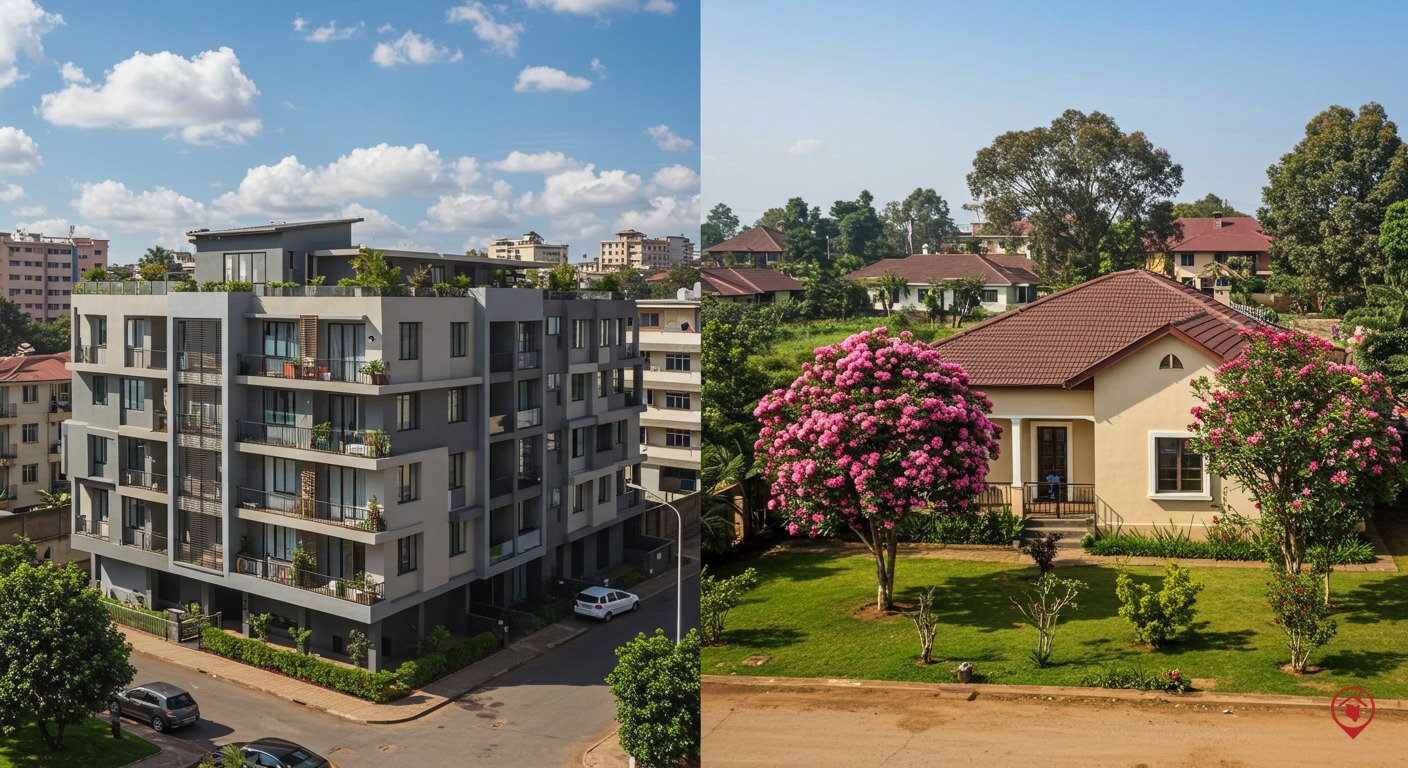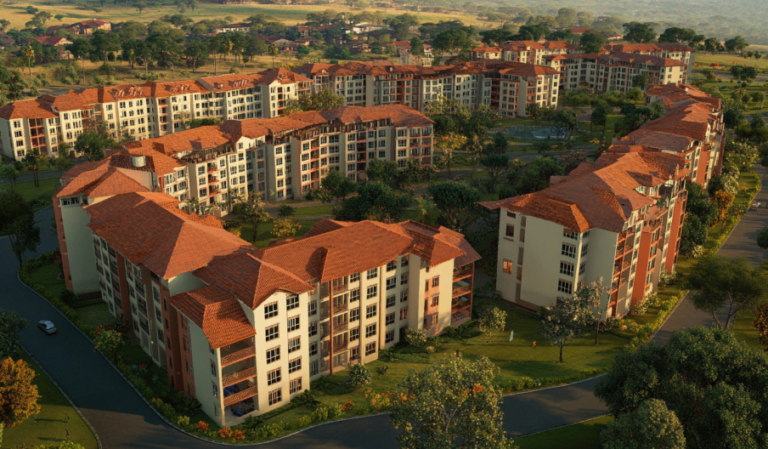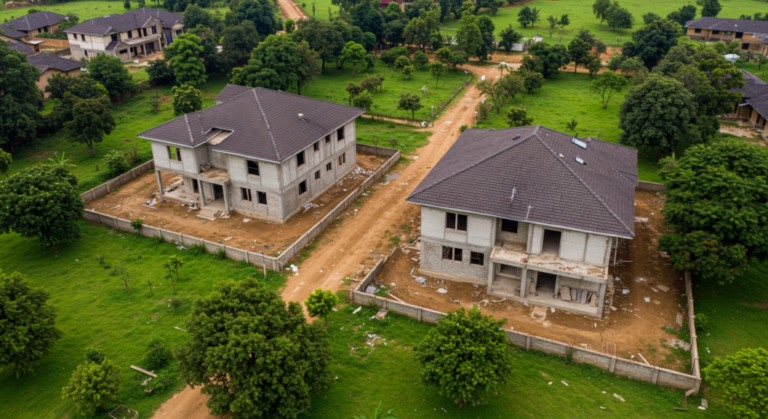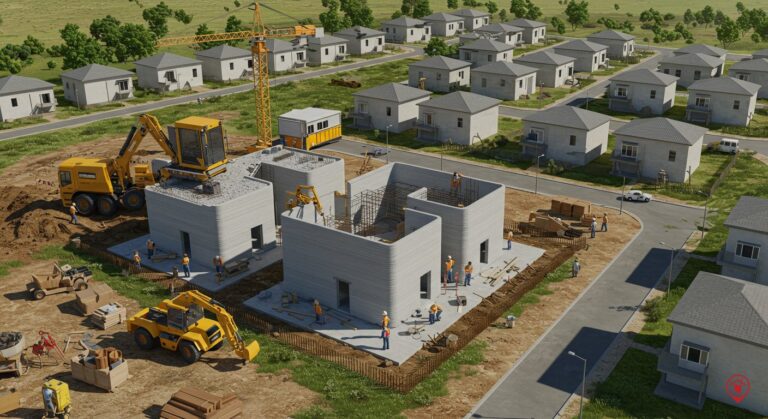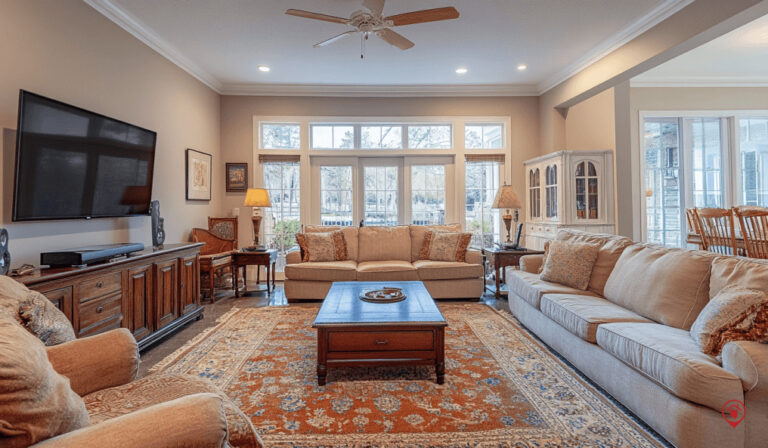Urban Apartments vs Satellite Town Homes: Which is the Smarter Buy in 2025?
- Nairobi’s skyline is changing fast.
- For many people, beating Nairobi’s traffic is worth every extra shilling.
- If your goal is rental income, urban apartments tend to offer better yields.
- Property isn’t just about square footage or ROI, it’s about the life you want to live.
If you’re looking to buy property in Kenya this year, one question keeps popping up: Should I go for an apartment in Nairobi or invest in a home in the outskirts?
It’s not an easy decision, especially with real estate prices rising, infrastructure expanding, and developers launching projects left, right, and center. Both choices have strong pros and cons, and the “right” option often depends on your lifestyle, budget, and long-term goals. Let’s break it down.
READ ALSO:How Urbanisation is Redefining Housing in Kenya
The Allure of Urban Apartments
Nairobi’s skyline is changing fast. From Kilimani to Westlands, Two Rivers to Tatu City, developers are rolling out sleek high-rise apartments designed to appeal to young professionals, expatriates, and investors chasing rental yields.
Why urban apartments make sense in 2025:
- Proximity to work and amenities – For many people, beating Nairobi’s traffic is worth every extra shilling. Living close to offices, shopping malls, schools, and hospitals saves time and stress.
- Lifestyle convenience – Modern apartments come with gyms, co-working spaces, swimming pools, and 24/7 security. You’re essentially buying into a lifestyle package.
- Rental demand – The rental market for one- and two-bedroom apartments is strong, especially from young urban dwellers and expatriates. Investors enjoy steady rental income.
But urban apartments aren’t perfect. They often mean smaller living spaces, higher service charges, and in some cases, oversupply risk. Too many similar apartments in the same neighbourhood can flatten prices and slow appreciation.
The Pull of Satellite Town Homes
Drive out to Kitengela, Ruaka, Ngong, Ruiru, or even Juja, and you’ll notice a different picture: gated estates of maisonettes and townhouses mushrooming everywhere. For many families, these homes represent the dream, more space, a garden, and the sense of owning land.
Why satellite town homes appeal in 2025:
- Space and privacy – You get more square footage for the same budget compared to Nairobi apartments. Perfect if you have kids or simply value breathing room.
- Growing infrastructure links – The expansion of bypasses, expressways, and commuter rail is making it easier than ever to live outside Nairobi while still working in the city.
- Ownership culture – For many Kenyans, land is king. Owning a home on your own plot in the outskirts feels more permanent and secure.
Still, there are trade-offs. Commutes can be long (traffic hasn’t disappeared entirely), resale markets may be slower than in Nairobi, and property management standards can vary widely depending on the developer.
Lifestyle vs Investment: What Matters Most?
Here’s where it gets interesting: choosing between Nairobi apartments and satellite town homes depends on whether you’re buying for lifestyle or investment.
- If your goal is rental income, urban apartments tend to offer better yields. A well-located apartment in Kilimani or Westlands can command strong monthly rent and maintain consistent demand.
- If your goal is family living, satellite town homes win. They offer space, privacy, and a better environment for children—things money can’t always measure.
- If you’re an investor thinking long-term, homes on plots in the outskirts often appreciate steadily, especially as infrastructure improves. Apartments, on the other hand, can plateau once an area is saturated.
The 2025 Outlook
Market data from Knight Frank shows residential sales prices grew 5.63% year-on-year in early 2025, while prime rents jumped nearly 8%. That suggests demand is strong in both segments—but the drivers differ. Nairobi apartments are thriving on rental demand and convenience. Satellite town homes are rising on infrastructure expansion and land appreciation.
So, Which is Smarter?
The truth is, there’s no one-size-fits-all answer. If you’re young, career-focused, and looking for a rental investment, an urban apartment could be the sharper move. If you’re building a family nest and want room to breathe, a home in the outskirts makes more sense.At the end of the day, property isn’t just about square footage or ROI, it’s about the life you want to live. In 2025, Kenya’s real estate market gives you both choices on the table. The smart buy is the one that matches your lifestyle and your long-term vision.
READ ALSO: Why Are Wealthy Kenyans Opting to Move to Satellite Towns?

